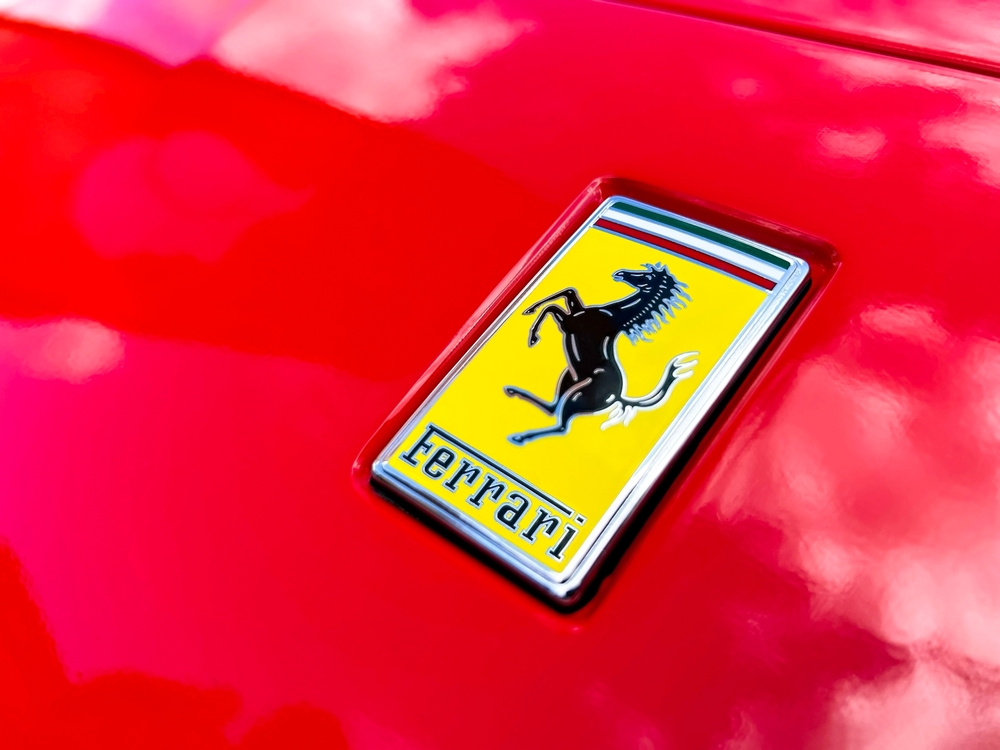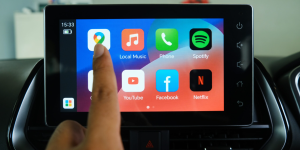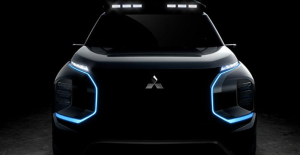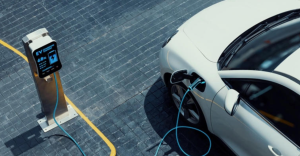The violation of this agreement could result in Carlson being required to hand over any profits from the resale
Others are reading now
A Texas Ferrari buyer, Carlson, is facing potential legal action after violating the terms of a resale agreement for his highly sought-after Ferrari Purosangue, a luxury SUV priced around $430,000 with a V12 engine.
Had to Notify Ferrari
The car, which has been immensely popular in the U.S., had a waiting list of up to two years, reflecting its exclusivity.
According to Moto, Carlson signed an “Opportunity Agreement” when placing a deposit for the Purosangue.
This agreement required him to notify Ferrari of Houston before selling the car within the first 18 months of ownership. The dealership would then have the option to repurchase the vehicle, likely offering Carlson a lower price than he might get on the open market.
Also read
Ford and Tesla have Taken Similar Action
The violation of this agreement could result in Carlson being required to hand over any profits from the resale and cover the dealer’s legal fees. Ferrari has a vested interest in preventing quick resales for profit, especially with demand for the Purosangue being so high.
This allows Ferrari to control the secondary market for its cars and ensures that genuine enthusiasts, not speculators, acquire its vehicles.
This case isn’t unique. Other automakers, including Ford and Tesla, have taken similar legal actions against customers who attempted to flip their vehicles for profit shortly after purchase.
These actions highlight how some luxury car brands are trying to regulate the secondary market for their vehicles. While speculating on limited-edition cars can be seen as unethical by manufacturers, this practice raises questions about free-market principles, as cars aren’t strategic goods that require regulation.
For Ferrari, however, maintaining exclusivity and brand prestige often outweighs traditional market practices, ensuring that their cars remain in high demand and out of the hands of speculators.








